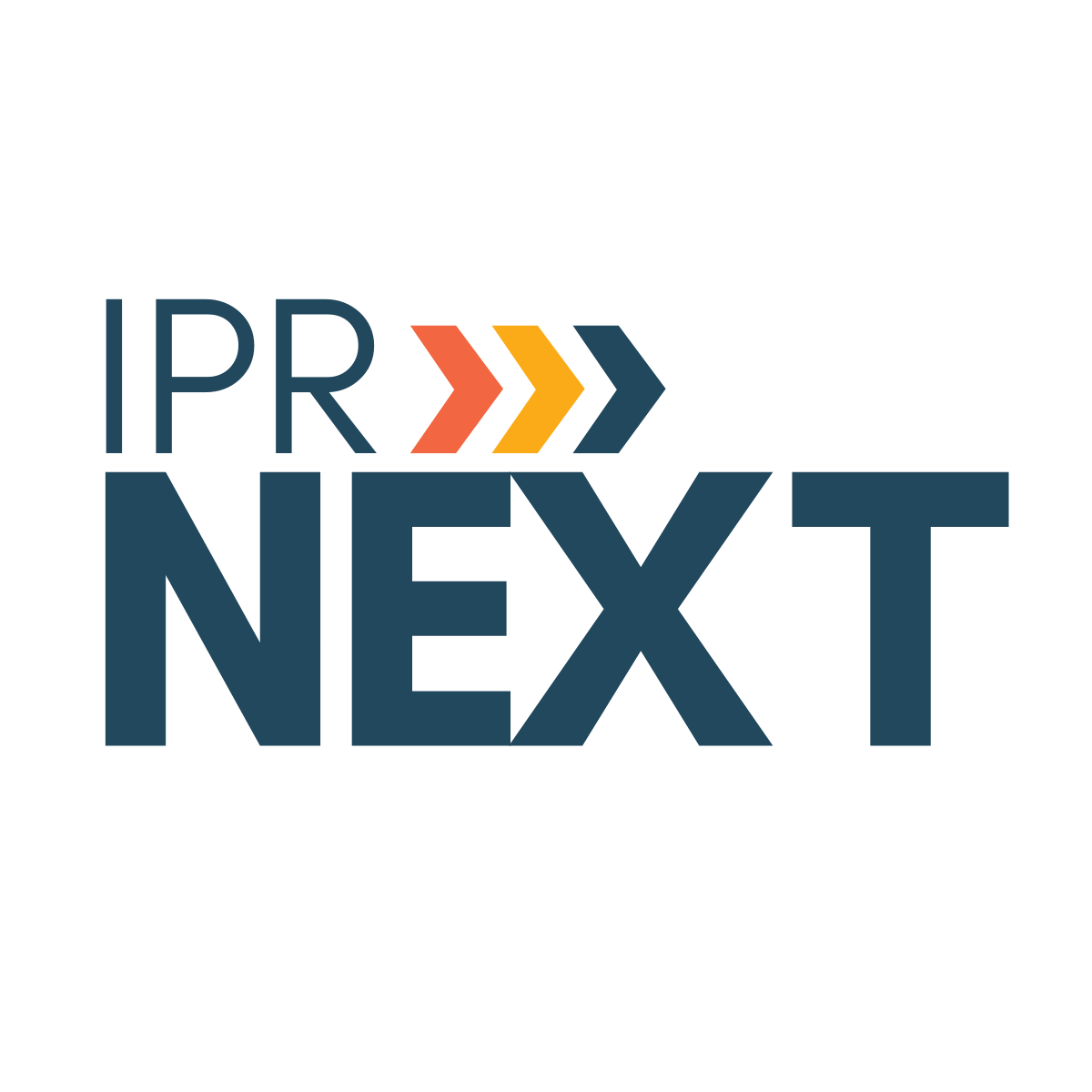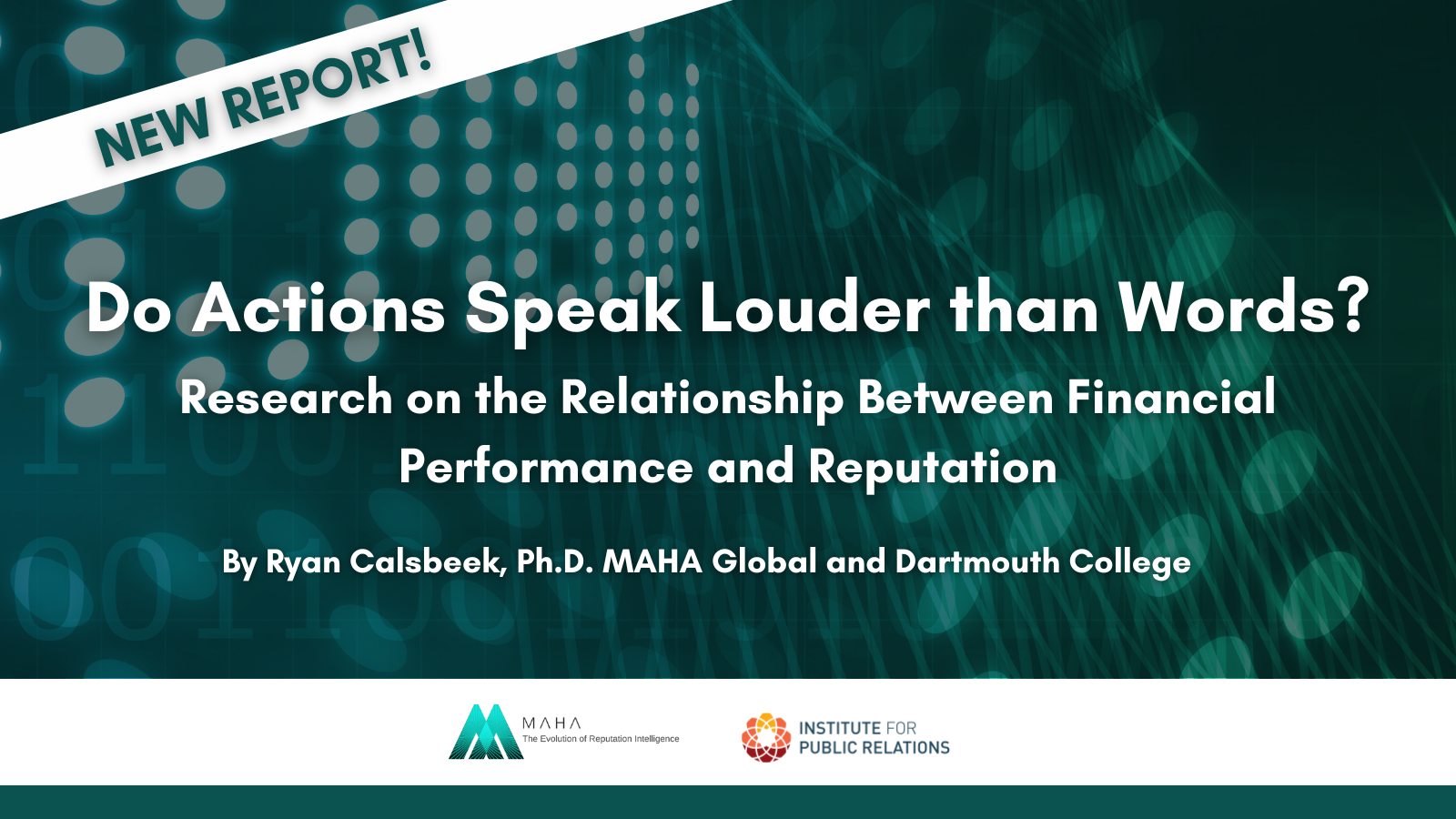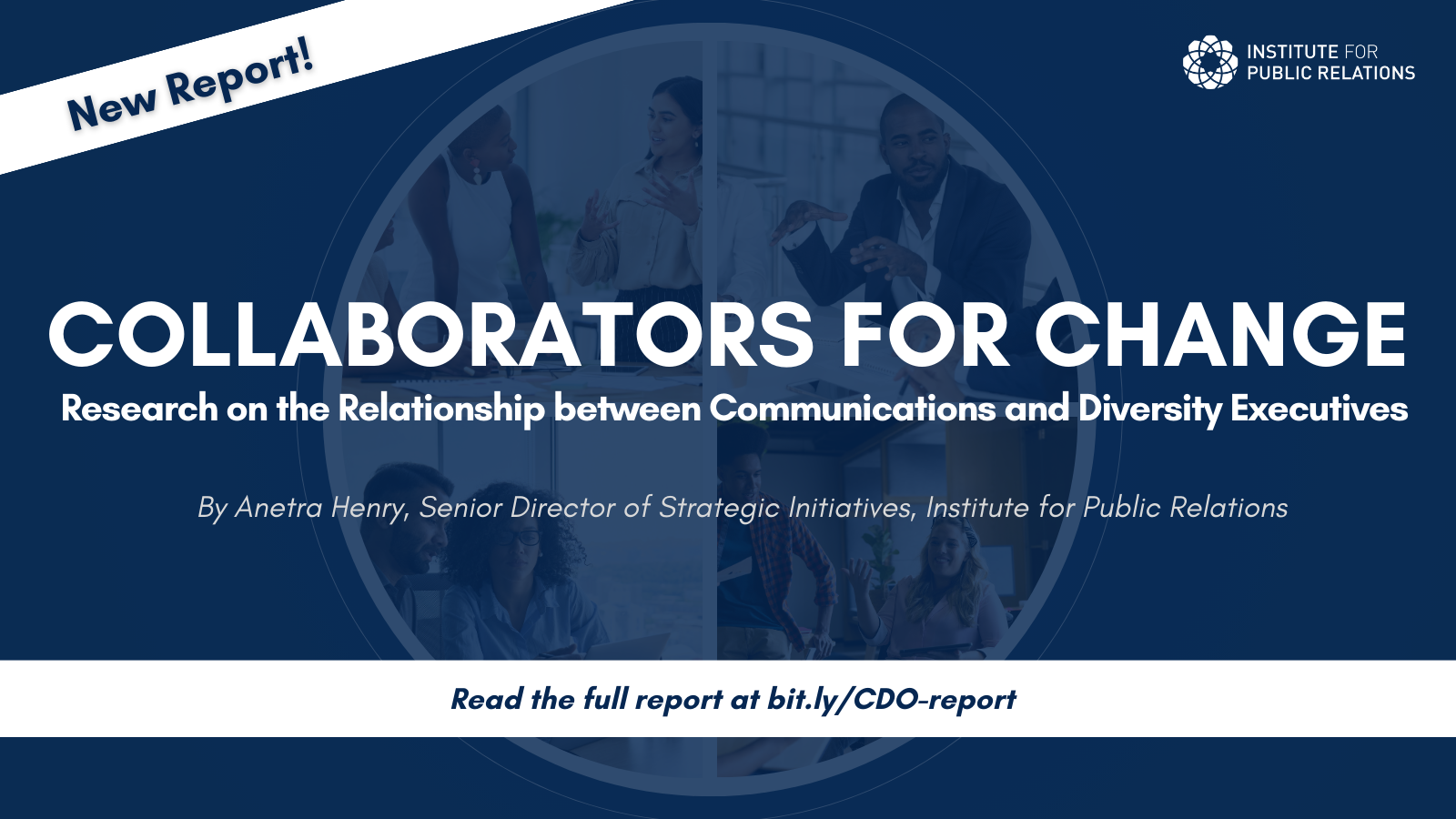NEW YORK, NY – A case study examining ExxonMobil’s campaign to convince consumers it can perform hydraulic fracturing (aka fracking) safely won the Grand Prize at the Arthur W. Page Society’s 2012 Case Study Competition, sponsored by the Page Society and the Institute for Public Relations (IPR). The competition recognizes students’ exploration of corporate communications as a critical management function.
 The entry, “Water on Fire: An Analysis of ExxonMobil’s Communicative Defense of Hydraulic Fracturing,” written by University of Alabama student Jessica Carlton, examined how the energy giant balanced the mounting criticism over fracking with the demand for alternative energy sources.
The entry, “Water on Fire: An Analysis of ExxonMobil’s Communicative Defense of Hydraulic Fracturing,” written by University of Alabama student Jessica Carlton, examined how the energy giant balanced the mounting criticism over fracking with the demand for alternative energy sources.
Carlton received a $5,000 prize as winner of the competition during the Page Society’s Spring Seminar dinner on March 22, 2012. In addition, faculty advisor Bruce Berger, PhD was recognized at the dinner and received $1,500.
In addition to the Grand Prize, there were six other honorees: first, second and third-place winners from both business schools and communications schools, including the University of Notre Dame Mendoza School of Business, Georgetown University and University of Maryland College Park.
This is the Page Society’s tenth-annual case study competition, designed to strengthen awareness of communication and corporate reputation issues among business, communication and journalism students.
“This year’s case studies illustrate how important strategic communications is in protecting and strengthening an organization’s reputation,” said Roger Bolton, President of the Arthur W. Page Society. “The ExxonMobil case in particular illustrates how solid communications can help navigate the most divisive situations. We congratulate Jessica Carlton from The University of Alabama and all of the winners in this year’s competition.”
“The 2012 winners reinforce the importance of research-based communications strategy across a range of industries, from energy to travel and tourism to food and beverage,” said Frank Ovaitt, President and CEO of IPR. “We’re thankful for the hard work of this year’s winners and appreciate this wonderful resource they have provided PR practitioners.
All case studies were evaluated on the basis of relevance and timeliness, as well as the significance of the problem and the effective use of the seven Page Principles, which the Page Society embraces as the core principles that guide the actions of public relations practitioners.
The list of complete winners is below:
Grand Prize Winner
Title: Water on Fire: An Analysis of ExxonMobil’s Communicative Defense of Hydraulic Fracturing
Submitted by: Jessica Carlton, University of Alabama, College of Communications and Information Services
Faculty Advisor: Bruce Berger, Ph.D.
Abstract: Amidst claims that residents in some drilling areas could allegedly light running water on fire with a lighter, ExxonMobil launched a campaign to persuade the public it can perform the controversial energy extraction process known as hydraulic fracturing safely.
With differing scientific reports on hydraulic fracturing’s impacts, ExxonMobil has been caught between publics demanding an alternative to oil and a controversial approach some say is the country’s best chance at energy independence. This case study explores ExxonMobil’s reputation management communication strategies and its overall handling of a technology steeped in debate.
First Prize, Business School
Title: Carnival Cruise Lines: Fire Aboard a Stranded Cruise Ship
Submitted by: Russell Cramer, Sam DeLemos, Laura Divel, University of Notre Dame, Mendoza College of Business
Faculty Advisor: James Scofield O’Rourke IV, Ph.D.
Abstract: Early on November 8, 2010, fire broke out in the aft engine room of the Carnival Splendor, a cruise ship carrying more than 3,000 guests. Although the fire was quickly suppressed, the ship became stranded in the Pacific Ocean 200 miles south of San Diego. With no electricity, poor sanitation, and spoiling food supplies, the company had to determine how best to manage this unforeseen event and ensure the safety of those onboard. This crisis management case exposes the reader to decision-making and communication challenges faced by senior leaders in a crisis.
First Prize, Communications School
Title: The Democratization of Corporate Giving: JPMorgan Chase & Company’s Attempt to Bring Philanthropy to the Masses through Facebook
Submitted by: John Trybus, Georgetown University, Continuing Studies
Faculty Advisor: Julie Dixon
Abstract: “Click here, vote for your charity of choice and they may win a $1 million donation!” That’s the basic idea of the Chase Community Giving Campaign, created by JPMorgan Chase & Co. in 2009 with the goal of bringing philanthropy to the masses through crowdsourcing, or the collective intelligence of the masses. The contest, which continues in 2012, has provided lessons for a number of similar corporate philanthropy initiatives conducted through social media.
Second Prize, Business School
Title: Groupon Goes Public: Communication Strategy and Challenges
Submitted by: Jun Frank, Eric Sauerhoff, University of Notre Dame, Mendoza College of Business
Faculty Advisor: James Scofield O’Rourke IV, Ph.D.
Abstract: Three-year old daily deals company Groupon filed for an initial public offering (IPO) on June 2, 2011 seeking a valuation of $20 billion. However, the offbeat local e-commerce company came under intense media and investor scrutiny during the IPO process over its business model, financial viability, and accounting practices. After postponing its IPO amidst market uncertainty, Groupon must work to restore credibility with the investor community.
Second Place Communications School Winner
Title: “I’d like my life back”: BP’s response to its 2010 oil spill disaster in the Gulf of Mexico
Submitted by: Liang Ma, University of Maryland, College Park
Faculty Advisor: Elizabeth Toth, Ph.D.
Abstract: This case study focuses on the crisis management of British oil giant Beyond Petroleum (BP) during and after its Gulf of Mexico oil spill in 2010. This unprecedented oil spill in American history tarnished BP’s reputation in the US, and to date, BP is still making efforts to repair its brand image. This case study includes two parts: BP’s responses and other parties’ reactions to BP during the actual crisis from a public relations’ perspective; a focus on BP’s post-crisis efforts to rebuild its reputation, which continues even until today.
Third Prize, Business School
Title: Stoppage of Play: The Sony PlayStation Network Crash
Submitted by: Xiao-Feng (John) Hsu, Shawn Do, University of Notre Dame, Mendoza College of Business
Faculty Advisor: James Scofield O’Rourke IV, Ph.D.
Abstract: The date was April 28, 2011 and Sony shares had just fallen by more than 5% on the Tokyo Stock Exchange. The corporation was suffering through a chaotic time period in its gaming division. Hackers had invaded the PlayStation Network roughly two weeks earlier around the period between April 17, 2011 and April 19, 2011. They crippled the network for more than a week and gained access to credit card data and other personal information of about 77 million users. This case study examines Sony’s attempts to resolve this dire situation and patch up the damage.
Third Prize, Communications School
Title: Four Loko Frenzy: Phusion Projects Responds to FDA, FTC and Media
Submitted by: Carleton Rafield, University of Alabama, College of Communications and Information Services
Faculty Advisor: Bruce Berger, Ph.D.
Abstract: Phusion Projects, LLC, released the alcoholic energy drink Four Loko in 2008. Packaged in single cans, Four Loko became popular among young consumers as the beverage contained caffeine and as much alcohol as four or five beers. The FDA and FTC found the product dangerous and began scrutinizing and regulating it in 2009. In 2010, the media focused on Four Loko and blamed the product for more than a dozen deaths and several binge drinking incidents across the country. Phusion Projects found themselves in a crisis in dealing with government agencies, sensationalized media, and upset parents and universities.
About the Arthur W. Page Society
The Arthur W. Page Society is a select membership organization for senior public relations and corporate communications executives who seek to enrich and strengthen their profession. Membership consists primarily of chief communications officers of Fortune 500 corporations, the CEOs of the world’s largest public relations agencies, and leading academics from the nation’s top business and communications schools. The Page Society’s ultimate goal is to assist the public relations officer in becoming a major contributor to the success of the corporation. For more information please visit http://www.awpagesociety.com/site/about/
About the Institute for Public Relations
The Institute for Public Relations is an independent foundation dedicated to the science beneath the art of public relations™ and focused on research that is applicable in communications practice. Its research is available free at instituteforpr.org and provides the basis for the organization’s professional conferences and events.
Media contact:
Dan Strouhal
Arthur W. Page Society
212-400-7959 x102
dstrouhal@awpagesociety.com



